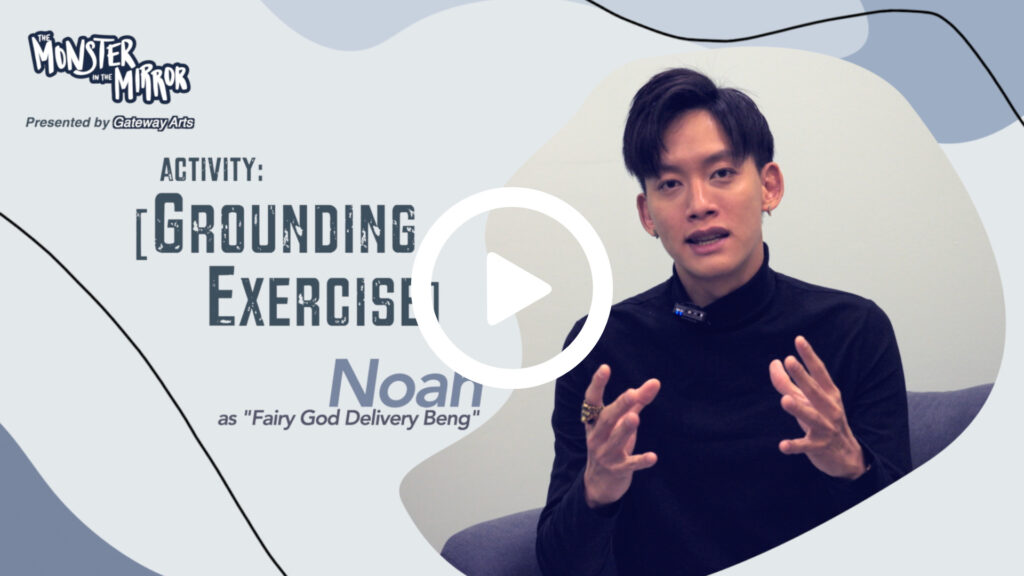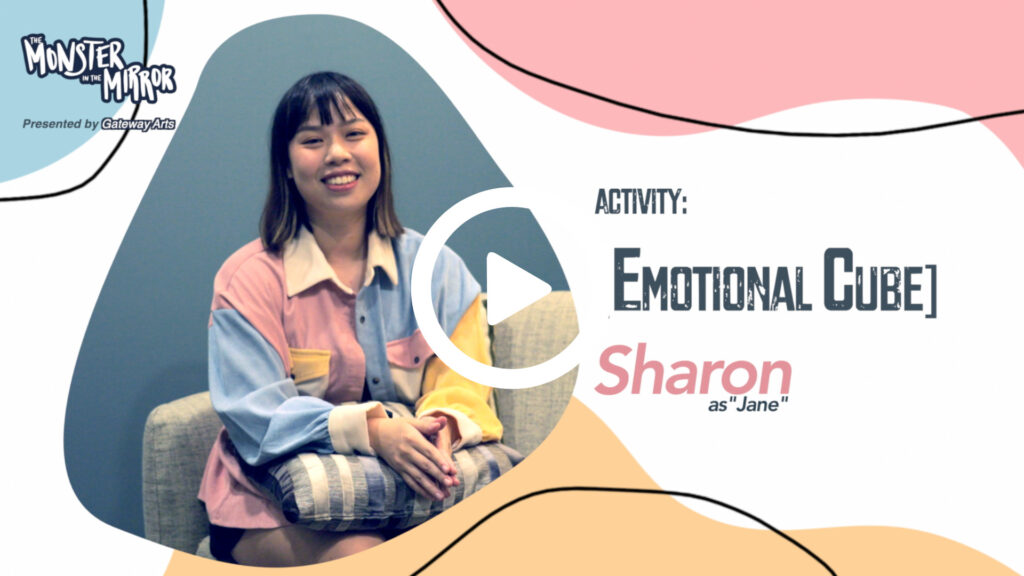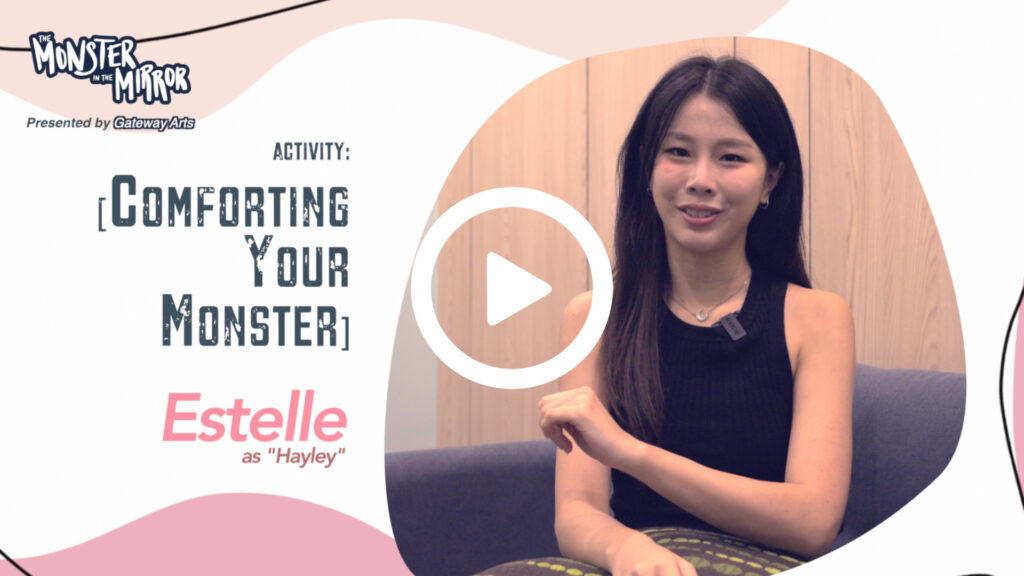The Monster in the Mirror Post-Show Materials
Thank you for watching The Monster in the Mirror ! We hope this musical has helped you to gain new and or better insights on the topics surrounding mental wellness and self-love.
Whatever your struggle may be, we want you to know that you are not alone in your journey. Listen to what our cast members have to say about dealing with your inner monsters and their suggested coping strategies when your monster gets too loud.
Our mental health is as important as our physical health. Get equipped with mental wellness knowledge through a mental health resource E-book by our Community Partner, TOUCH Mental Wellness.
FAQ
In the context of The Monster in the Mirror musical, the term “Monster’ is used as a metaphor to describe persistent uncomfortable emotions that may arise due to mental wellness issues. This could include (but not limited to) feelings of anxiety, depression, low self-esteem, guilt, anger, jealousy, etc.
Different people may experience different symptoms when they are feeling mentally unwell. Some of the most common signs include:
- Persistent feeling of anxiety or worry
- Becoming quiet or withdrawn
- Increased sensitivity
- Mood changes
- Changes in sleep patterns
- Appetite changes
- Negative thoughts
It is important for us to recognise these symptoms so that we know when to seek help early. Do note that if these symptoms happen over a prolonged period of time, and is affecting you on a daily basis, please speak to a trained professional so that they can provide you with the help that you need.
Unfortunately for some of us, our “Monsters” might not go away entirely. This is because our “Monsters” are usually formed during our developmental years to help protect ourselves from certain situations which we might otherwise be unable to cope when we were younger. However, as we grow up, our “Monsters” might still sometimes appear even when we are in a safe environment.
Even though our “Monsters” might not go away entirely, there are many ways we can learn to manage our “Monsters” or uncomfortable feelings when they arise. You may refer to the videos above for examples of coping strategies such as the Grounding Exercise, Emotional Cube and Comforting Your Monster.
If you know someone who might be dealing with mental wellness issues, you can lend them a listening ear by providing them a safe and non-judgmental space to talk about their feelings. Allow them to lead the discussion at their own pace as well as to share what they are comfortable with sharing.
However, it is important to also know your own limits to the help that you can offer and you may also choose to encourage them to seek professional help if necessary.
Some go-to tips include:
- Set aside a safe environment with no distractions for them to talk about their feelings
- Allow them to share as much or as little as they would like
- Do not try to diagnose or jump into conclusions about their mental wellness issues
- Offer self-care tips
- Offer them the option to speak to a mental health professional
There are many ways to manage your mental health. Some coping strategies might work for some people and not for others. It is important to stay committed to find the right strategy for yourself. When in doubt, you can always speak to a mental wellness professional.
Seeking professional help does not always need to be expensive. If you are a student, every school in Singapore has a designated counsellor which you can speak to.
Otherwise, there are also free helplines available for you to speak to a trained counsellor. Please refer to the list of helplines below.
Sometimes, our struggles and the negative voice in our head can become overwhelming.
You can call one of the numbers below to reach out to someone who is all ready to listen to you and help you.
TOUCHline
1800 377 2252
SOS Helpline
1-767
Care Corner Helpline
1800 353 5800
Mental Health Hotline
6389 2222








